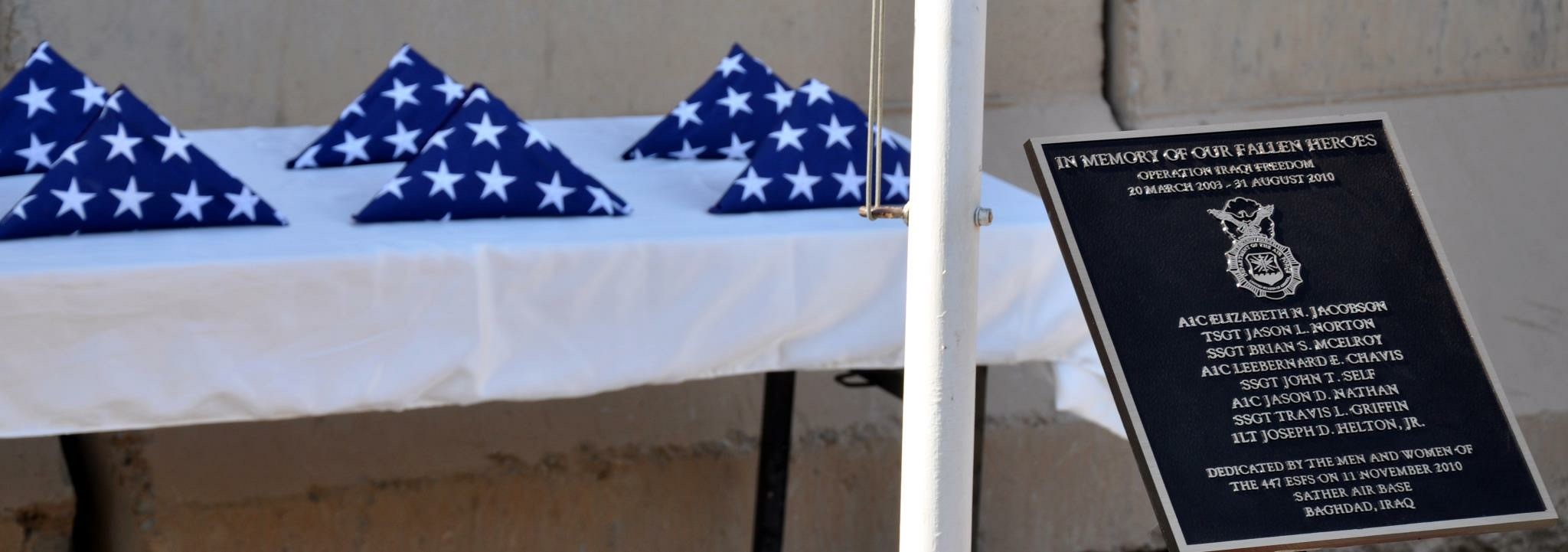In the difficult times, it is what is in you that comes out of you. I wrote those words down as soon I heard Don Denyes say them a few months ago. Then I promptly forgot them. That is until two days ago.
Two days ago, I attended a local high school graduation ceremony with a thousand or so others. High school graduations are always a bit poignant as we wish our children and their friends well, anticipating the great things they will do to make the world a better place. And perhaps as we reminisce a bit about our own graduation so many years ago…contemplating whether we upheld our end of the bargain in making a difference in the world.
This school and these graduating seniors have already triumphed greatly and will no doubt continue to do great things. Four Salutatorians and six Valedictorians were poised to speak to their fellow classmates and the many friends and family members on hand…quite possibly the largest audience most of them will ever have the honor (or horror) of addressing. It was remarkable. But we were about to witness something even more remarkable.
The day before the ceremony, a Thursday, I ran into a friend coming out of the barbershop as I was walking in. Jon and I used to play softball together and his dad, a pastor, was a friend and helped me through some tough times. Jon and I have a common friend with whom he now works. We made small talk and chatted about a promotion I didn’t know he had gotten. Everything seemed great. The next day I had lunch with our common friend and told him I’d seen Jon. He asked if Jon was doing ok. It seems Jon’s pastor had been tragically killed in an automobile crash just the day before our barbershop run-in. My first question was whether it was his father. I was relieved to discover it was not, but as is common for me – and concrete evidence of my attention deficit – I found myself wondering why Jon doesn’t attend his dad’s church?
Nevertheless, I was saddened to learn of the untimely death of this local pastor. He was a well-known, well-loved, and well-respected local man of God, and the community collectively grieved as news of this tragedy spread across the area.
Back to the graduation. You see, one of the class Valedictorians happens to be the son of this pastor. As I looked over the program and compared the lineup of speakers seated on stage waiting to take their turn, the order didn’t match. I silently acknowledged to myself how difficult that would have been to participate in a public graduation ceremony just two days after the unexpected death of someone as close as a father or mother, and then symbolically excused him from being there in my mind with sympathetic understanding. The pastor’s son was the only male Valedictorian, and according to the program would have been the fourth Valedictorian to speak, had this tragedy not befallen his family. So it was that I then found myself wondering who the lone young man was seated at the end of the row of five female Valedictorians. Was this someone not listed in the program set to receive unknown special recognition? Or were my eyes simply deceiving me? Maybe I had miscounted the remaining honorees, since they also had the Salutatorians seated in the same row.
No. The order had been changed. I, along with over a thousand others in the concert auditorium, were about to witness one of the most inspiring things many people have probably ever experienced. The final person to speak would be an incredible young man whose father unexpectedly died just two days earlier.
He did all the things a good public speaker is supposed to do. He stood tall. He made good eye contact. He captivated the audience. He was clear, concise, and delivered an oration that was moving and insightful. I wept, with pride and anguish, as I expect many in attendance that evening did. This remarkable young man calmly told us his father recently passed away. He spoke of the honor and dignity with which his father lived. He spoke unapologetically about the love of God, family, and community his father displayed and instilled in him as he grew. He told us how his father, just days prior, was helping him with his speech and shared a verse with him. He was no doubt preparing his son not only to reach those listening to his speech, but for a life of service beyond graduation. Little did he know how profound this verse would be just days later… “Have I not commanded you? Be strong and of good courage; do not be afraid, nor be dismayed, for the LORD your God is with you wherever you go.” Joshua 1:9 is a life-verse to many. It is frequently quoted, memorized, shared on social media, scrawled in graffiti, and tattooed on people’s bodies as a reminder that even in the most difficult or challenging times, we can be strong and courageous because we are never alone.

The kind of strength we witnessed when a grieving, graduating high school Valedictorian chose to not only attend his graduation (when no one would blame him for not doing so), but to courageously deliver his speech and use that opportunity to reach others as a proxy of God’s glory is truly going beyond strength. I want to be more like him.
Get Strong. Be Strong. Stay Strong





